Tag: Pritzker
-
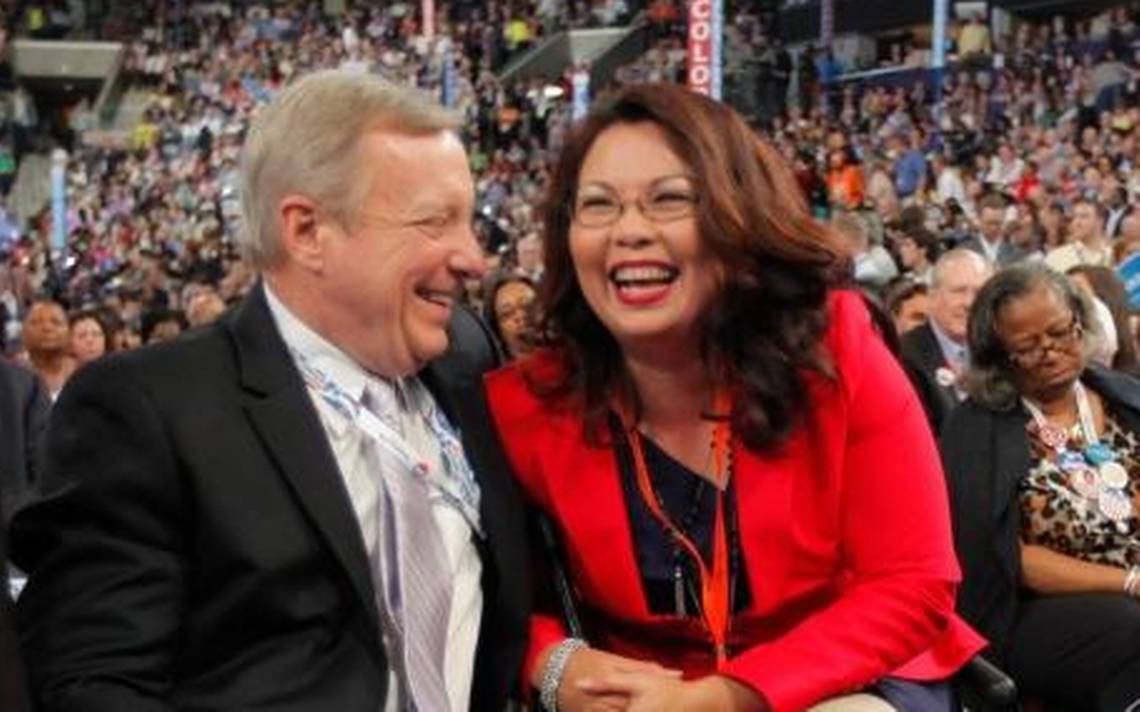
Durbin and Duckworth Vote To Deny Medical Care To Infants Who Survive Abortions
U.S. Senate Democrats block Born-Alive Abortion Survivors Protection Act as Illinois Democrats push radical abortion agenda; ILGOP Chairman Tim Schneider responds “In the not too distant past, then-Congressman Dick […]
-
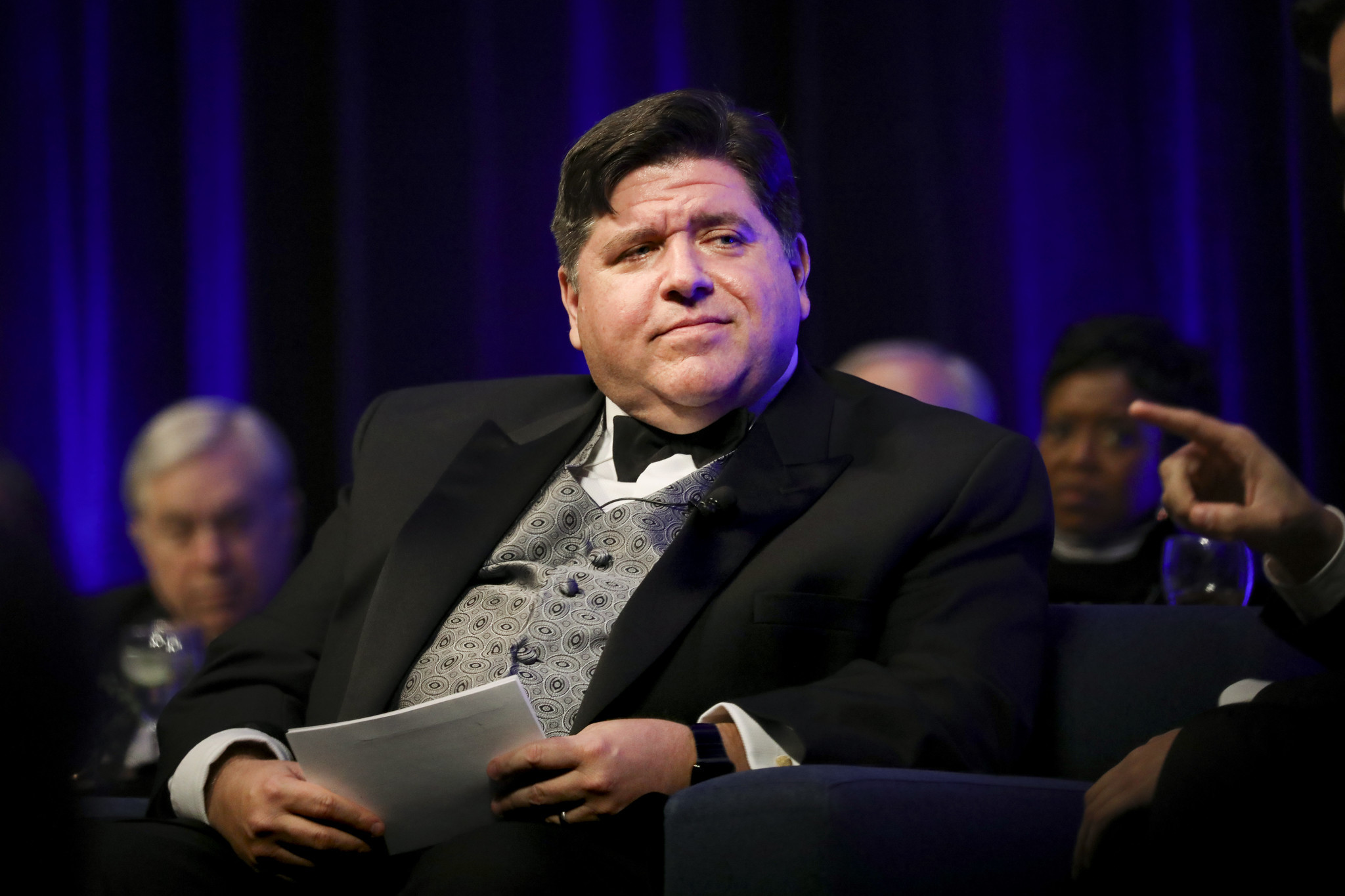
J.B. Pritzker’s “First Major Flip-Flop”: Skipping Pension Payments
Analysts, advocacy groups, newspaper editorial boards, and lawmakers from across the political spectrum threw cold water on Pritzker’s pension flip-flop “During his budget address last week, J.B. Pritzker said he […]
-
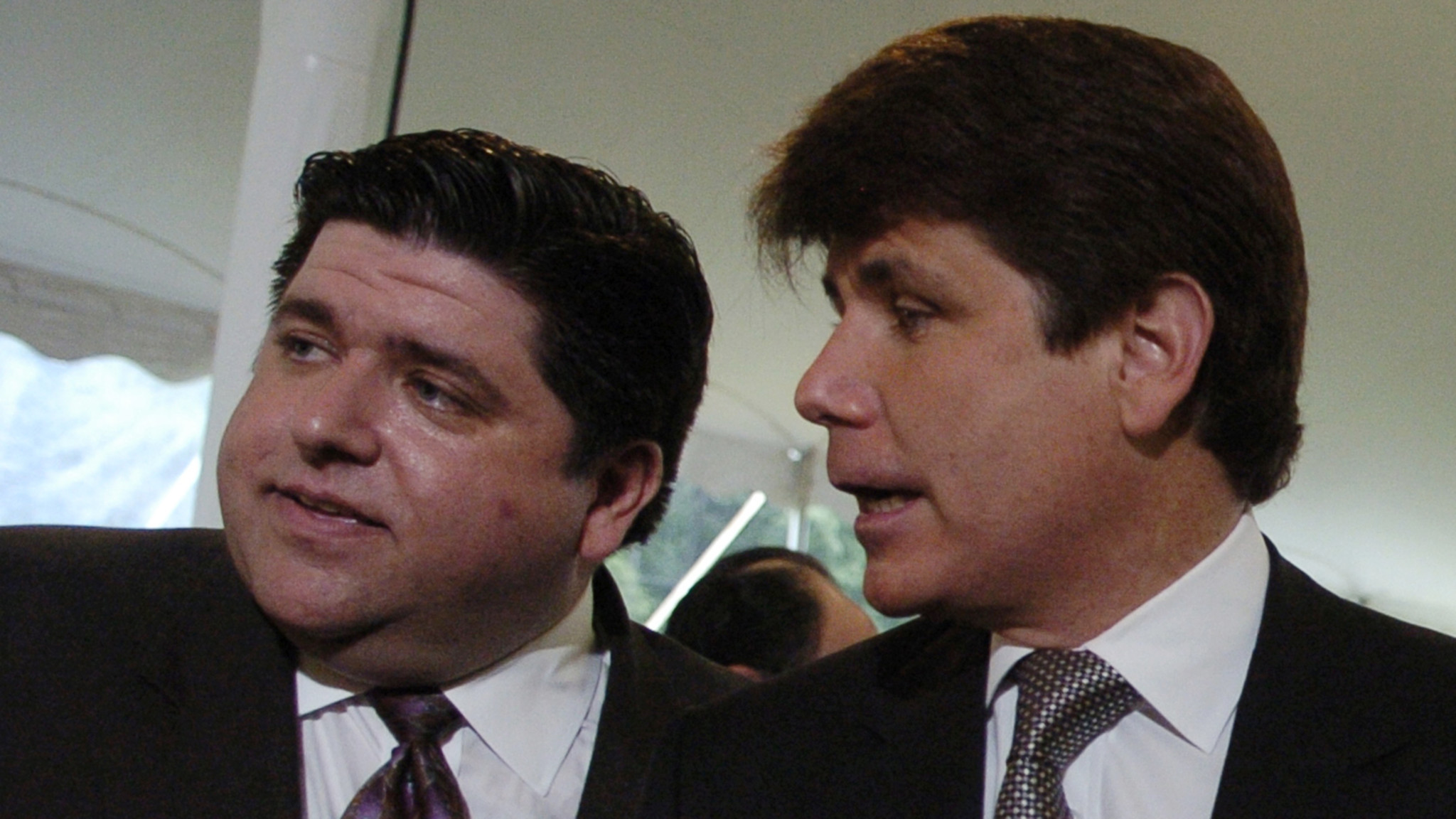
J.B. Pritzker’s Unbalanced Budget Proposal: Pritzker Is The New Blagojevich
ILGOP Chairman Tim Schneider issues statement on Governor Pritzker’s first budget address “Skipping pension payments, borrowing new debt, raising taxes, increasing spending – it’s clear that J.B. Pritzker is the […]
-
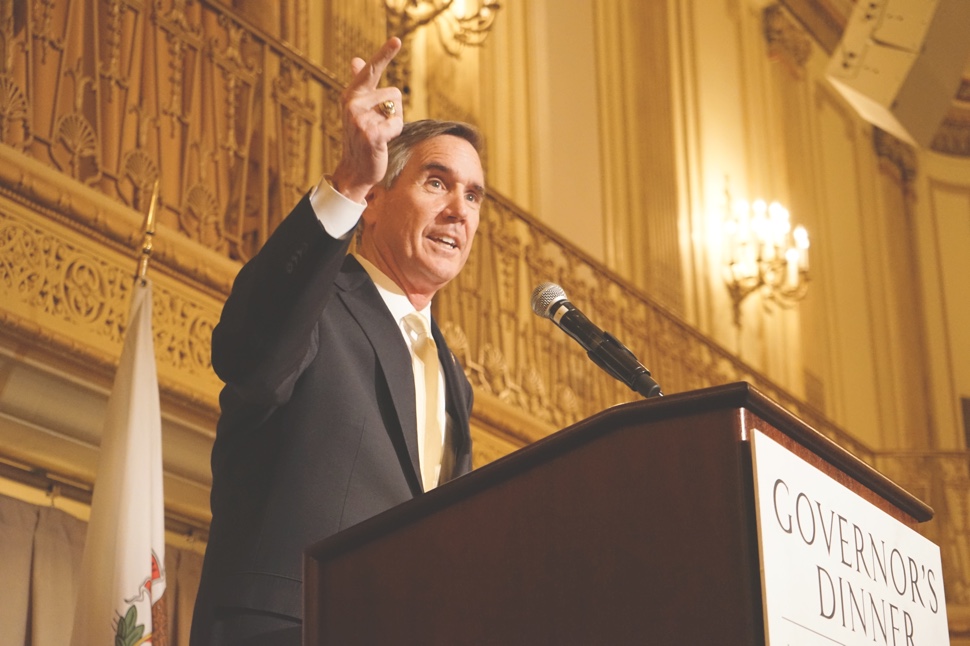
Illinois Republican Party Chairman Tim Schneider Statement On Governor Pritzker Signing Minimum Wage Legislation
Moments ago, Governor J.B. Pritzker signed legislation into law that will nearly double Illinois’ minimum wage over the next six years. Illinois Republican Party Chairman Tim Schneider issued the following […]
-
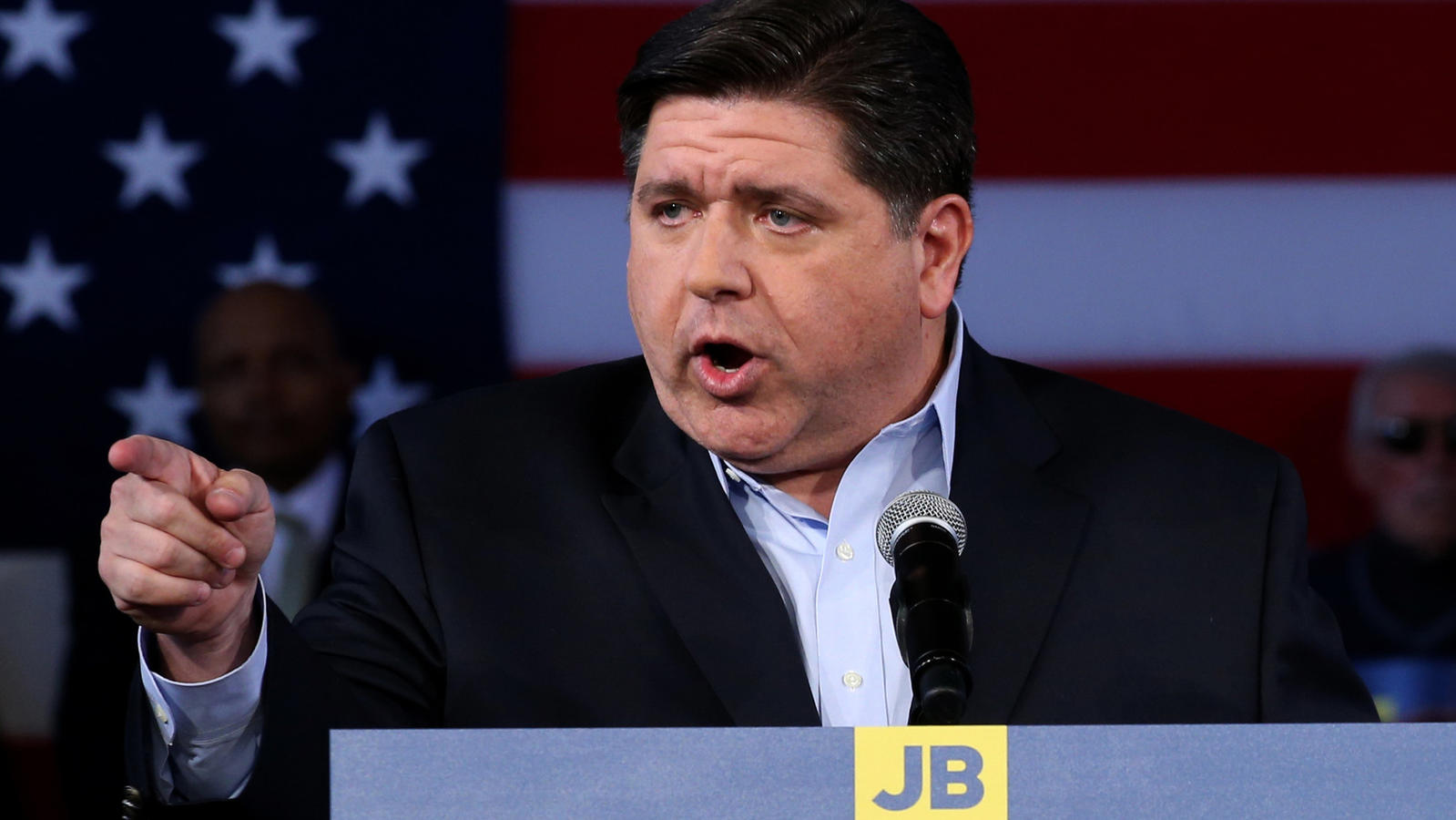
J.B. Pritzker Falsely Says He Compromised With Republicans On Minimum Wage Hike
Pritzker: “We listened to [Republicans] and included many of their ideas in [the minimum wage legislation]” “Governor Pritzker is misleading the people of Illinois about his minimum wage plan […]
-

Illinois Republican Party Opposes Pritzker’s Reckless Minimum Wage Plan, Citing Huge Cost To Taxpayers, Small Business
Taxpayers will pay at least an additional $1 billion a year in increased spending by the time the plan is fully implemented, and that’s a low estimate “Did Governor […]
-
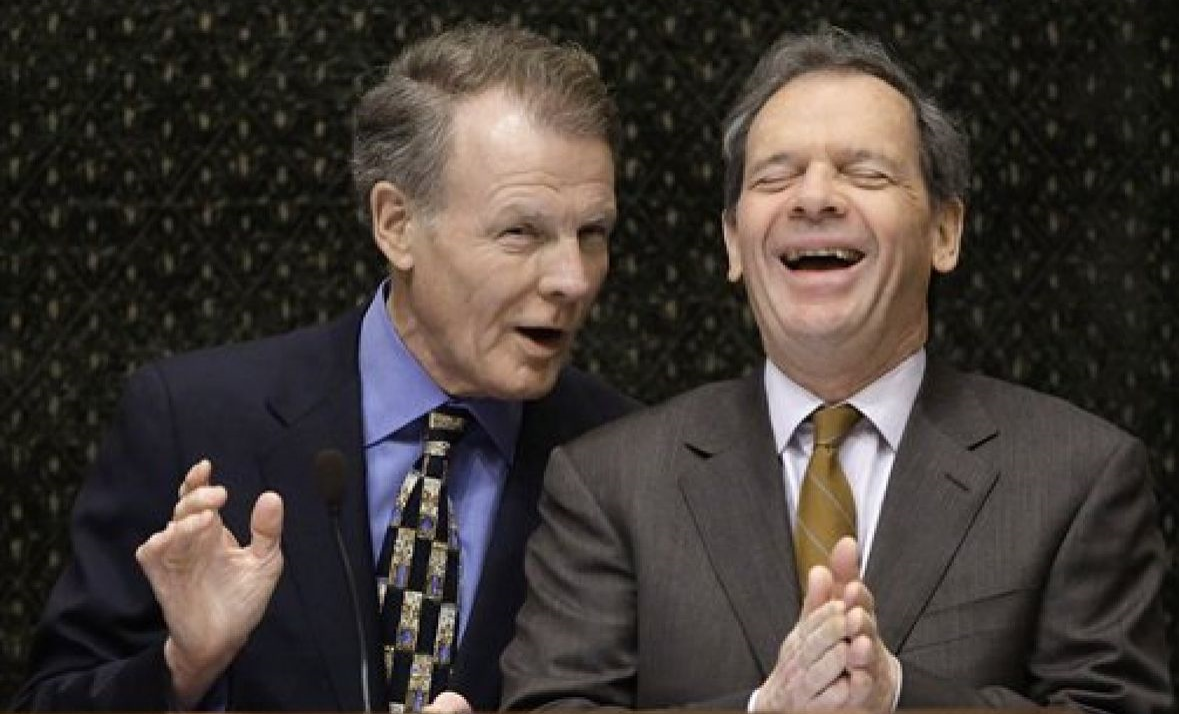
Illinois House Democrats Are The Only Legislative Caucus To Not Have Leadership Term Limits
At least 31 House Dems, including 3 members of Speaker Madigan’s leadership team, have stated they support or are open to some form of leadership term limits “The people […]
-

ILGOP Statement on Gov. Pritzker’s Executive Order Concerning Taxpayer-Funded Abortion
Yesterday, Governor J.B. Pritzker issued an executive order concerning taxpayer-funded abortion and stated Illinois will be the “most progressive state in the nation” on abortion under his administration. Illinois Republican […]
-
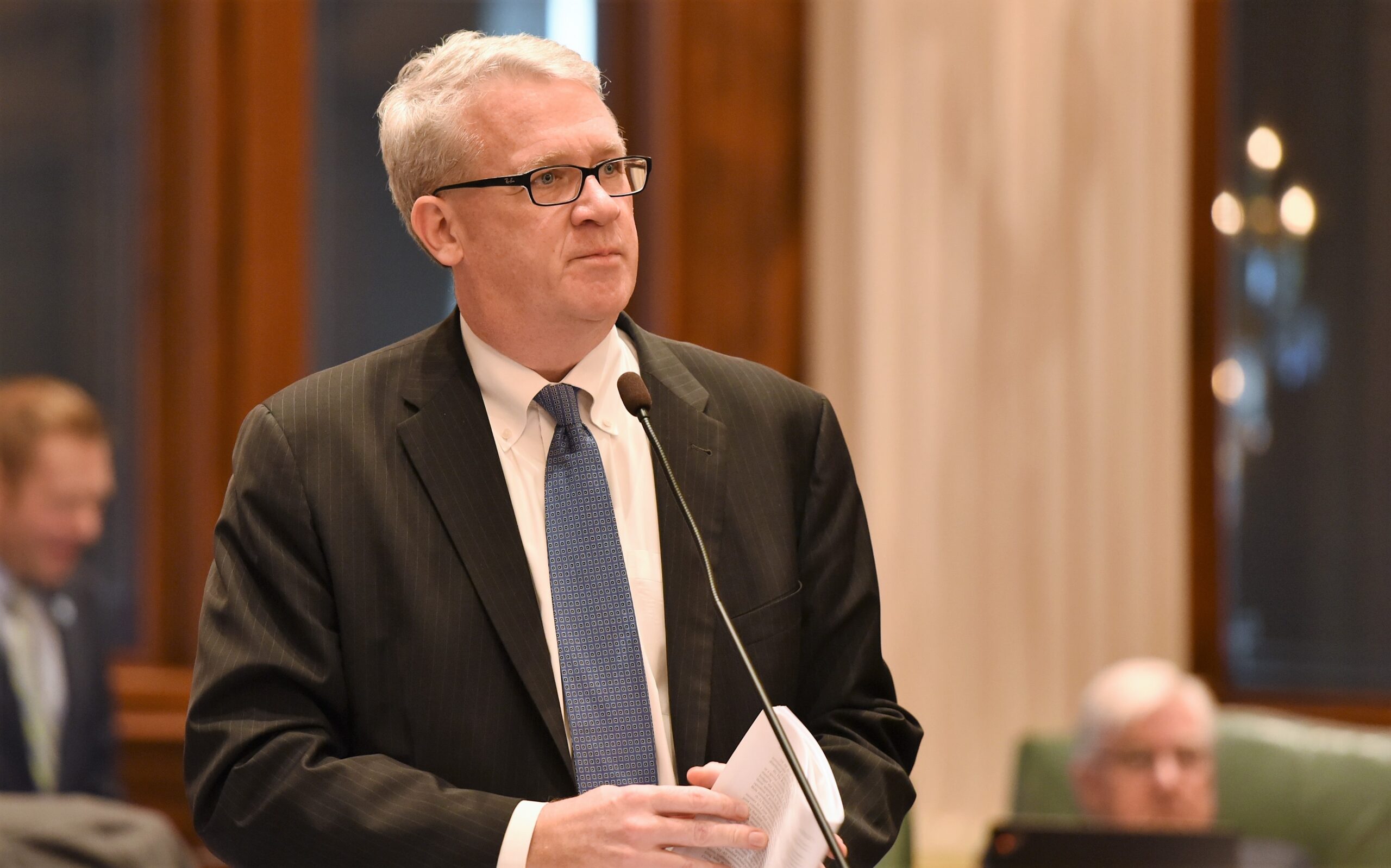
Newspapers, Republicans Call on Governor Pritzker To Follow Through On Fair Map Pledge
ILGOP Chairman Schneider: Pritzker must fulfill his promise to voters on fair maps and oppose obstruction from Madigan, Cullerton “An overwhelming majority of Illinois voters supports independent redistricting reform, but […]
